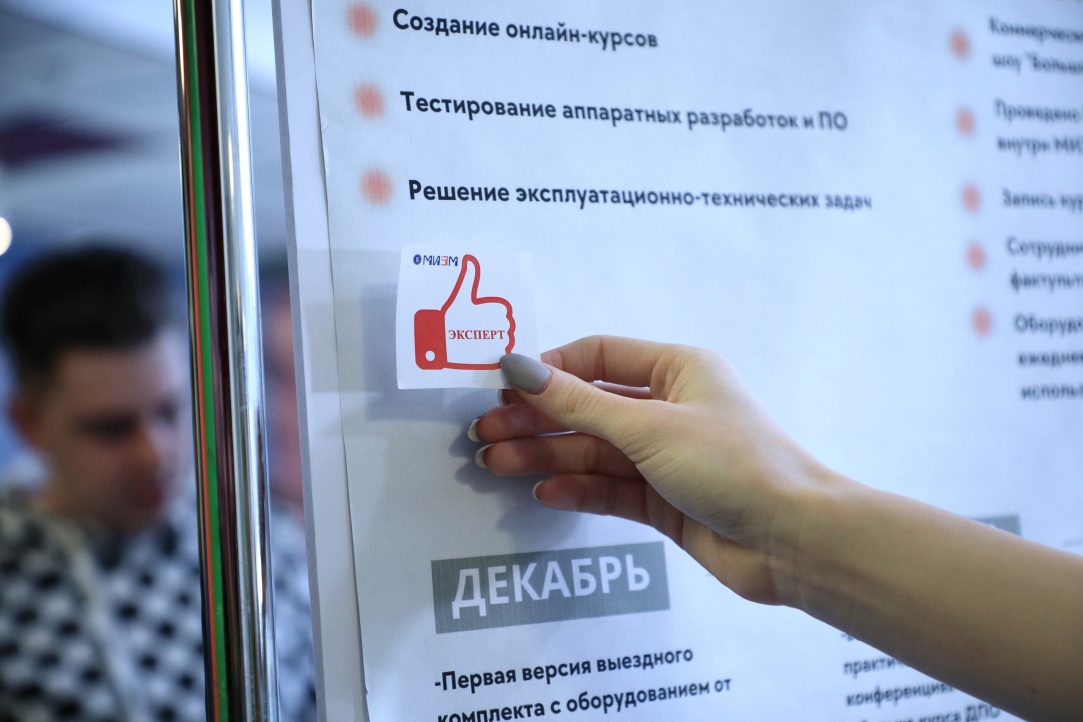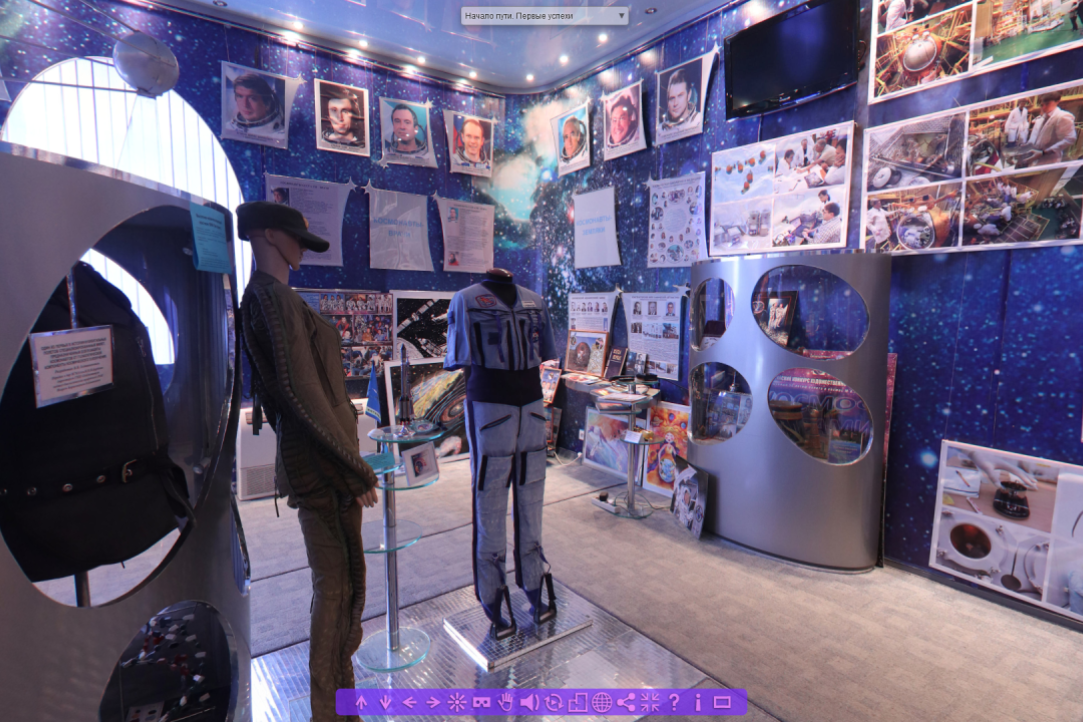
HSE Faculty of Computer Science Holds Second Winter School on Software Engineering
This year, 625 applications from 90 cities were submitted to participate in the second Winter School on Software Engineering at the HSE Faculty of Computer Science. The main topics were software architecture, mobile development, digital twins, artificial intelligence, cloud services development, API, technical debt, QA, software systems, Flutter, and distributed systems.

Gain Credits and Experience through Project Activities
Have you ever wanted to apply your academic knowledge in the real world? Or try your hand at a different area of study? Even if you just want to test your skills and knowledge, you can do all of these things at HSE University by engaging in project activities.

‘We Support Young Brands and Make Them Visible’
On March 7, the HSE Art Gallery hosted the opening of ‘Design Futures: Synesthesia’, an exhibition featuring works by students of product and jewellery design at the HSE Art and Design School. The event runs from March 9–May 7.

Helping Others Improves the Lives and Psychological Well-being of Russians
HSE Researcher Ekaterina Nastina has found that the more often Russians help others (whether loved ones or strangers), the more satisfied they are with their lives. However, if a person is over 50 years of age or if values of social justice are important to him or her, helping family and friends has no significant influence on his or her psychological well-being. On the other hand, pro-social, altruistic behaviour towards strangers is equally beneficial to people of all ages and beliefs. A total of 757 respondents took part in the study. An article containing the results was published in the Sociological Journal.
.jpg)
‘For Me, HSE Is Synonymous with My Own Personality, Which Was Formed Here’
Out of his love for geography, Alexander Demin decided to study logistics, and then out of his love for teaching, he chose not to move to Italy. In this interview with HSE Age-mates, he explained how HSE University shaped his personality, which students are more interesting to work with, and why empathy is important in a university environment.

Light Breezes Improve Moods of Social Media Users
Sergey Smetanin, Research Fellow of the HSE Graduate School of Business, conducted a large-scale analysis to examine the impact of weather conditions on the sentiments expressed by users of the Odnoklassniki (OK) social network. The findings have been published in PeerJ Computer Science. This is the first study of its kind in Russia.

What Makes Cities Attractive to Innovators?
How do we evaluate the contribution of innovations to urban development? Why do cities need innovation? How do cities attract top talents? These and many other questions were addressed by the participants of the international online discussion ‘Increasing the Innovation Attractiveness of Global Cities: Best Practices’ organised by the HSE Institute for Statistical Studies and Economics of Knowledge (HSE ISSEK) on March 1, 2023. The event also featured the presentation of new outcomes of a global study on urban innovation carried out since 2020.
.jpg)
K-pop, Chinese Calligraphy, Indian Cuisine and Azerbaijani Songs: All of Asia Visits HSE University
In February 2023, the HSE University Cultural Centre hosted the festival ‘Colour of Asia: From Riyadh to Tokyo’ coordinated by the university’s Korean Club. A total of 24 student organisations took part in arranging the festival, including national, environmental, and charity clubs.

Smart Medicine, Libration Points and Electromyographic Bracelets: MIEM Students Present Their Projects
In February, a two-day poster session - the second checkpoint of the project life cycle - was held at the HSE MIEM. The participants prepared colorful posters, talked with experts and MIEM students and received well-deserved plaudits. Here, the HSE News Service looks at some student projects.

HSE University-Perm Master's Student Creates Virtual Tour of Museum of Space Biology and Medicine
Viktor Durov, a second-year student of the Master's programme in Digital Humanities and an employee of the Department of Pedagogics and Humanities at Voronezh State Medical University named after N. N. Burdenko, has developed an interactive virtual tour around the Museum of Space Biology and Medicine named after V. V. Antipin in Voronezh.

